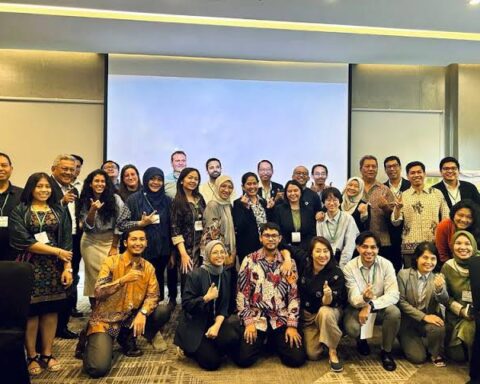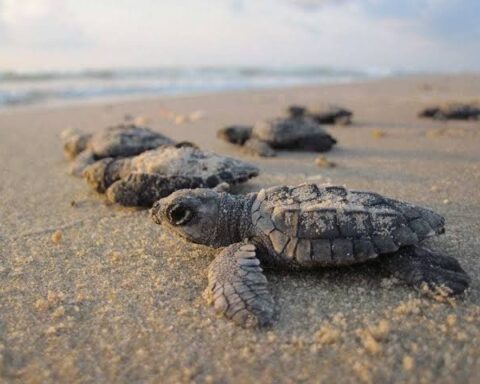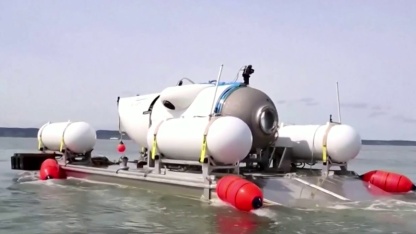The United Nations has adopted a historic agreement aiming to ensure the conservation and sustainable use of marine biodiversity in areas beyond national jurisdiction which covers over two-thirds of the ocean.
The Secretary-General of the United Nations António Guterres, in New York on Monday, June 19, 2023, said “You have pumped new life and hope to give the ocean a fighting chance,”.
He commended the adoption of the agreement as a demonstration of the strength of multilateralism.
“By acting to counter threats to our planet that go beyond national boundaries, you are demonstrating that global threats deserve global action, countries can come together, in unity, for the common good.”
Building on the legacy of the United Nations Convention on the Law of the Sea, the agreement significantly strengthens the legal framework for the conservation and sustainable use of marine biodiversity in over two-thirds of the ocean.
It provides an essential framework for cross-sectoral cooperation between and among States and other stakeholders to promote the sustainable development of the ocean and its resources and to address the manifold pressures it faces.
The UN believes that the effective and timely implementation of the Agreement will make crucial contributions to achieving the ocean-related goals and targets of the 2030 Agenda for Sustainable Development and the Kunming-Montreal Global Biodiversity Framework.
It will enable the establishment of area-based management tools, including marine protected areas, to conserve and sustainably manage vital habitats and species in the high seas and the international seabed area.
Such measures are critical for archiving the “30 by 30” global target to effectively conserve and manage at least 30 percent of the world’s terrestrial and inland water areas, and of marine and coastal areas by 2030, as agreed in the Kunming-Montreal Global Biodiversity Framework.
It will ensure that the environmental impacts of activities in areas beyond national jurisdiction are assessed and considered in decision-making.
It also provides, for the first time, an international legal framework for the assessment of the cumulative impacts of activities and the consequences of climate change, ocean acidification, and related effects, in areas beyond national jurisdiction.
And it will facilitate cooperation in capacity-building and the transfer of marine technology to assist Parties, in particular developing States Parties, in achieving the objectives of the Agreement, to level the playing field for all States to responsibly utilise and benefit from marine biodiversity of areas beyond national jurisdiction.
Furthermore, the Agreement addresses several cross-cutting issues, such as its relationship with the United Nations Convention on the Law of the Sea and relevant legal instruments and frameworks and relevant global, regional, subregional, and sectoral bodies, as well as funding and dispute settlement.
It also sets up institutional arrangements, including a Conference of the Parties, a Scientific and Technical Body and other subsidiary bodies of the Conference of the Parties, a Clearing-House Mechanism, and a secretariat.
The Agreement will be open for signature at United Nations Headquarters in New York for two years from September 20, 2023, the day after the 2023 SDG Summit. It will enter into force after ratification by 60 States.
The Secretary-General is required to convene the first meeting of the Conference of the Parties to the Agreement no later than one year after it enters into force.
The Secretary-General urged all States to spare no effort to ensure that the Agreement enters into force, and called on them to act without delay to sign and ratify it as soon as possible.
“This is critical to addressing the ocean’s threats, and to the success of ocean-related goals and targets – including the 2030 Agenda and the Kunming-Montreal Global Biodiversity Framework,” he said. He also expressed readiness to help States make this happen.
According to the global body, the path towards ratification and early implementation will require concerted efforts by States, stakeholders, and the UN system, adding that coordination of these efforts and cooperation will be of utmost importance.








